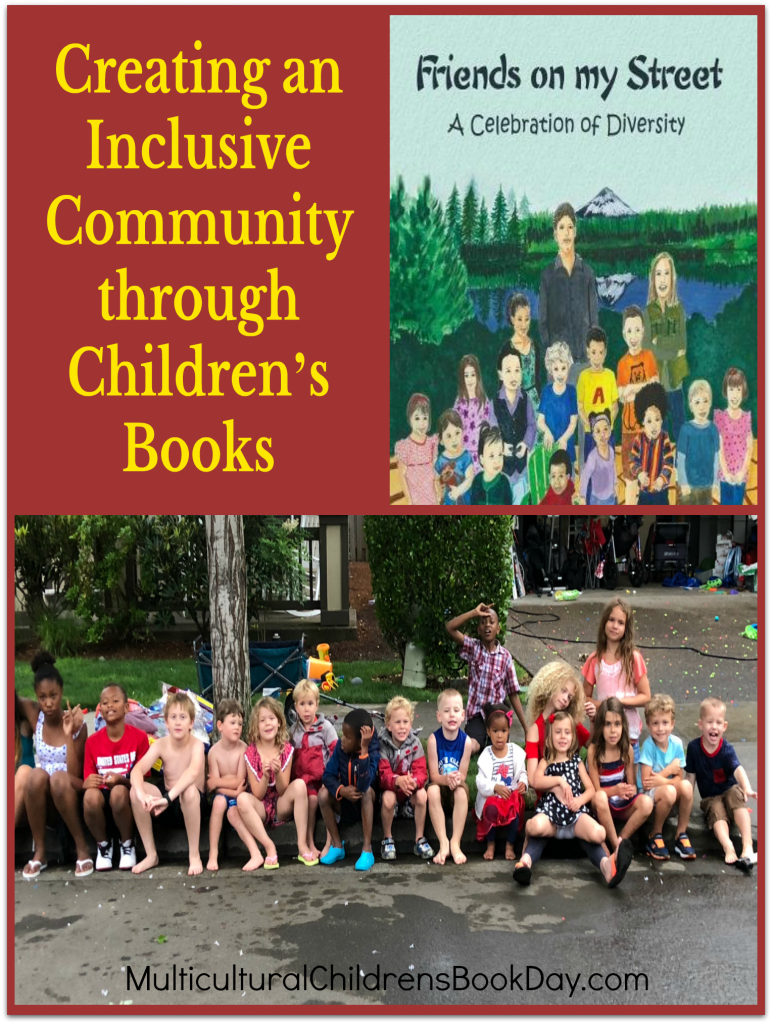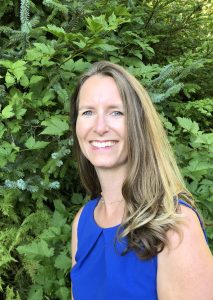guest post from Erika Probst
Up until several years ago, I lived in an idealistic world that I believed indicated we were in a post-racial society.
We had moved beyond racism, hadn’t we? Sure, occasionally we’d see something about racism in the news, but most of society was not racist, right? Then my idealistic view was shattered by a simple conversation between myself and a Black friend after her son was born. We had worked together for years, we went out together, we were pregnant together, our sons were born months apart. When she told me that she was relieved her son was born with lighter skin, I gave her a look of incredulity and said, “Why would you say that?” She responded, “Let’s talk.” So, we did.
She told me about the racism she and her family had experienced. Daily. The names her brother was called as he walked down the street. The clerks who followed her in the stores to make sure she didn’t steal anything. Wow! I. Had. No. Idea. And that’s a problem. That was the first time I recognized my own White privilege. I vowed to do better.
Creating an Inclusive Community
Fast forward a few years. Though I live in Oregon, a state known for its racist history, the city where I live is the most diverse city between Vancouver, British Columbia and San Francisco. Our area has numerous tech companies with employees from around the world. The short street where I live has families from 13 countries who all speak different languages. Our neighbors are Christian, Hindu, Jewish, and Muslim. More importantly, our neighbors enjoy doing things together. Our kids play together. We have summer BBQs, fall s’mores roasts, winter dessert parties.

My family hosts a 4th of July BBQ and we invite all the neighbors. A few years ago, our newest neighbors, Uche and Uju, who came from Nigeria, attended their first neighborhood BBQ. Uche came up to me and said, “So you just do this? For everyone?” I said, “Yes.” He responded, “This is why I love America and this is the America everyone needs to see!” He encouraged me to share the story of our street. With a lot of coaxing from him, I did. I wrote a children’s book sharing our street’s story. Written from my young son’s innocent perspective, the book introduces readers to our neighbors and how they have taught us about their countries and religions.
My children’s book Friends on my Street: A Celebration of Diversity, is a story, written from my son’s perspective, about the street we live on where we have neighbors from several countries and world religions.

It is important for children to see not only people who look like themselves but people who represent the world around them when they read books. When I give presentations, I talk about the importance of having books about diversity that provide a multicultural view of our world. Books may be the first time children see people of other races, religions, or sexual orientations. By providing these books, parents are sharing that a multicultural world is a beautiful world. I talk about getting to know your neighbors. It starts with saying “hi,” and being inclusive. Inviting neighbors to BBQs, s’mores parties, and dessert parties. Often, it’s our children who bring us together, but our children are watching how the adults interact. When neighbors of diverse backgrounds include each other, our children learn. They see that everyone should be included. This becomes their foundation; this is what they know; this is what they will live; this is what they will pass on.
I will continue to give presentations, sharing the story of my neighborhood. I will educate about privilege and how we need to speak out against isms. I will hope that our children carry this message forward into the next generation.


Erika Bracken Probst was born and raised in rural Alaska where she was instilled with the idea that when communities are close, they grow stronger. After graduating from the University of Portland in 2000 with a Bachelor of Science in Nursing, Erika worked as a nurse at Providence St Vincent Medical Center until 2016. While there, her projects included how to better care for patients of different cultures and educating staff about cultural awareness. Erika now teaches future health care professionals in a high school Health Careers Program. Erika is very involved in her community and especially events supporting inclusion. She lives in Hillsboro, Oregon with her husband and two sons. Her Facebook page, https://www.facebook.com/FriendsonmyStreet/ shares daily information about historic and current events related to civil rights, human rights, and cultural/religious events from around the world that occurred on each date.
